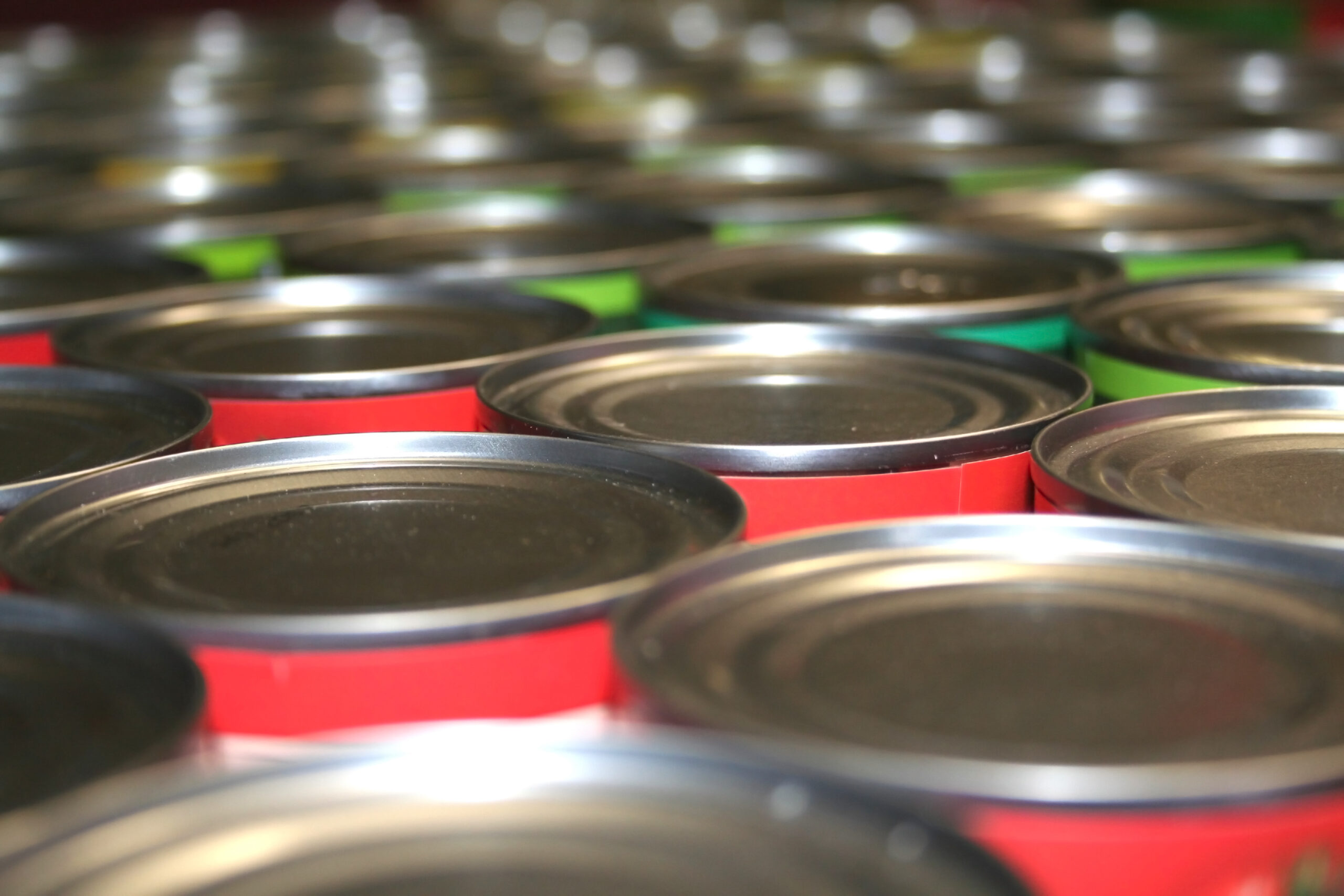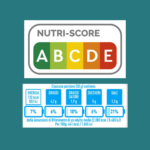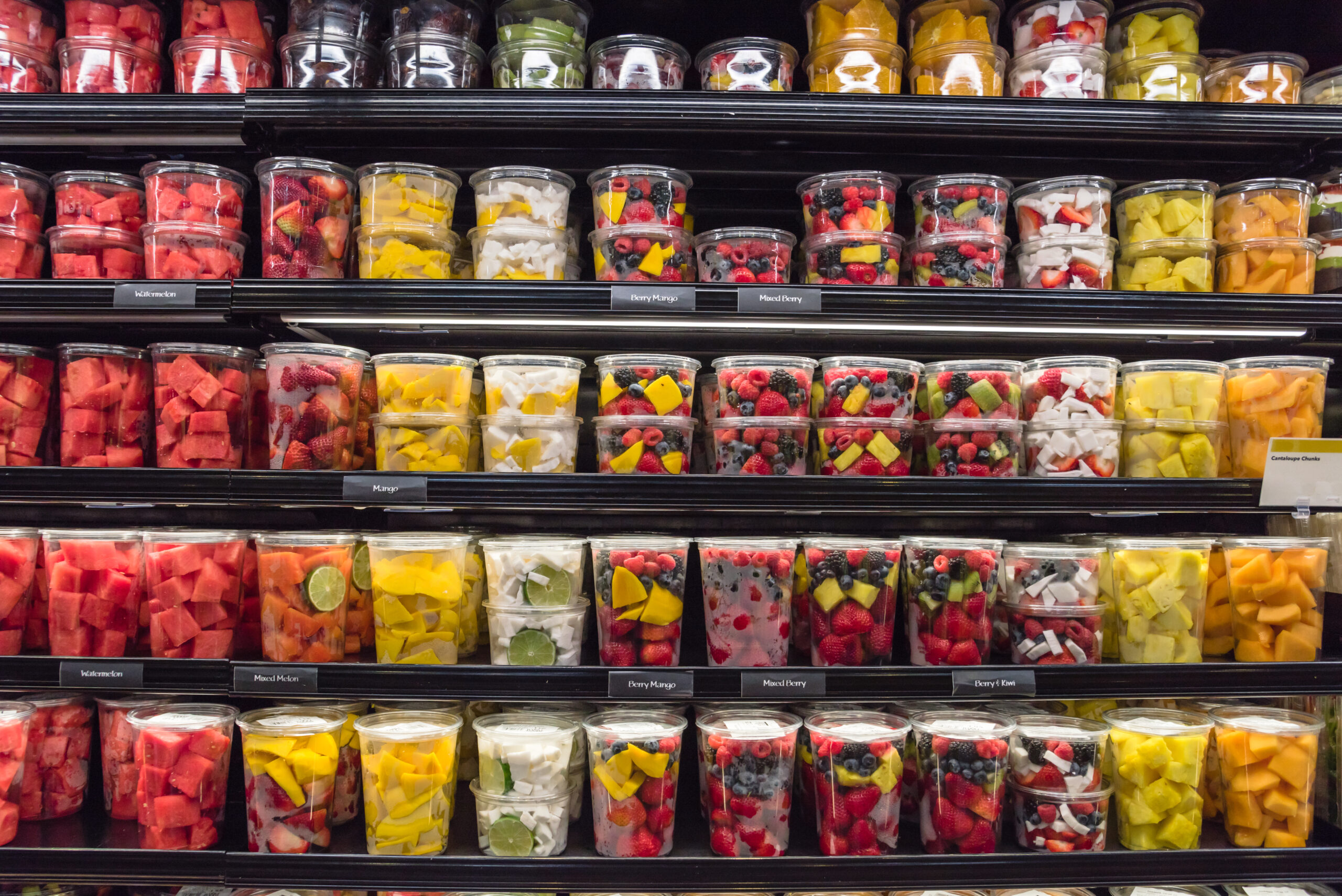Food and ingredient manufacturers are responsible for ensuring the food they produce is safe, healthy, and compliant with local and international regulations. Market expansion and consumers’ ongoing shifts in preferences and priorities increase the complexity of the labyrinth.
Data in the EU Alert and Cooperation Network 2022 Annual Report suggests that MRL compliance challenges are getting more complex. The overall number of notifications increased, with 990 notifications being attributed to health-related pesticide residues.
Since Jan 1, 2022, products found to be exceeding MRL regulations have been the root cause of:
- 33 border rejections
- 62 potentially serious, serious and undecided notifications1
Why are the numbers so high? Why are they increasing? FoodChain ID customers have shared the following insights about MRL compliance challenges, which will resonate with people who are responsible for evaluating and maintaining compliance.
Harmonization Challenges
Despite efforts by international bodies like Codex Alimentarius, complete harmonization of MRLs and contaminant limits has not been achieved. In fact there are are some countries are moving away from harmonized standards like Codex, developing their own standards. Regulatory managers must ensure that the sourced commodities meet not only the standards of the country they are imported into but also the regulations in the country of origin. This juggling between multiple regulatory frameworks is both time-consuming and error-prone.
The Evolving Complexity of Regulations
With globalization, food manufacturers often source ingredients from different parts of the world. Each region may have its set of regulations and standards for pesticide MRLs, contaminant limits, and food safety, making it a daunting task to manage long-term compliance.
Emerging MRL Risks and Lack of Data
As technology advances, new pesticides and agricultural practices emerge. Along with these advancements, new risks may surface, which may not be immediately reflected in existing regulations. This places regulatory managers in a precarious position, where they must anticipate potential future regulations and the impact on the commodities they source.
Supplier Reliability and Communication
When dealing with multiple suppliers, each with its own set of practices and standards, ensuring a consistent level of quality and compliance can be an uphill battle. Miscommunication or a lack of transparency from suppliers can result in non-compliance and even potential food safety issues.
Time Constraints
Regulatory managers often operate under strict deadlines. Identifying and mitigating risks requires extensive research and analysis, which can be time-consuming. There’s always the looming pressure to make swift, yet accurate decisions.
How can Food and Ingredient Manufacturers Overcome MRL Compliance Challenges?
In the current economy, expanding the headcount of regulatory teams isn’t a likely option, nor is reducing the number of products going to market. However, access to reliable, timely data that’s both accurate and easy to access can support current teams and product portfolios, increasing the capacity of regulatory managers and the speed at which they work.
FoodChain ID’s Regulatory Limits Pesticide Module allows users to efficiently:
- Explore MRLs for over 1,100 pesticides on 900 commodities in over 155 markets
- Compare standards easily between multiple countries
- Identify pending and proposed standards, including MRLs being revoked
- Be alerted when relevant standards have recently changed
- Access reports that provide a full regulatory picture for specific country
1 Data reviewed at https://webgate.ec.europa.eu/rasff-window/screen/list June 2023
Learn more about our data, why it’s best in class and our pricing structure
Learn more









